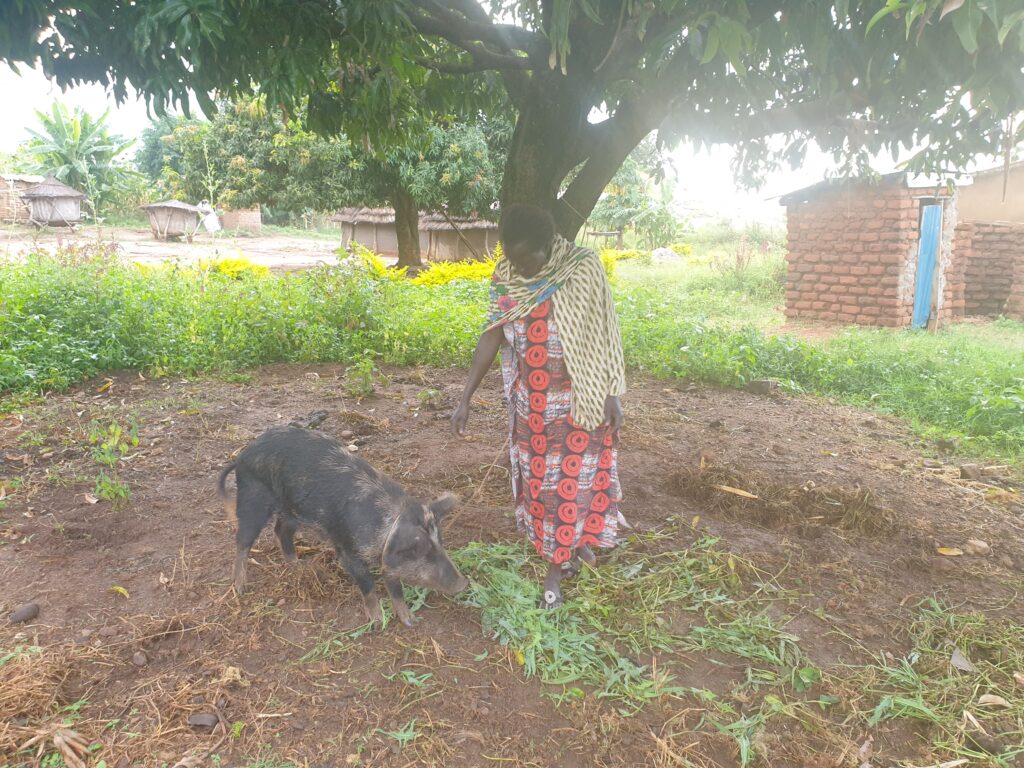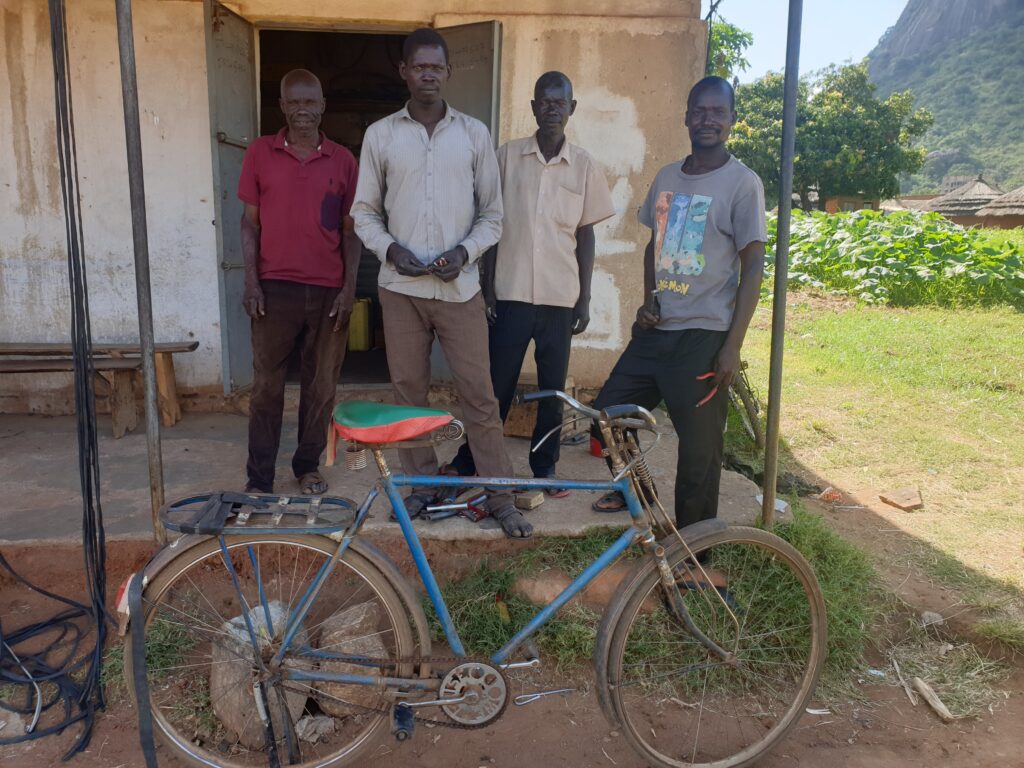You might curse those emails and texts that pile up like dirty dishes when you are trying to focus on something else. Zoom meetings may feel as intimate as chatting with aliens in a distant galaxy. But during the pandemic, when travel to Africa was impossible, Network for Africa’s team was grateful it could stay in daily contact with its partners in Uganda, Rwanda and Sierra Leone.
Nevertheless, our CEO, Annabel Harris returned to the continent as soon as she could. This is the second of her reflections on how our projects developed in her absence.
After three years away, I had a new perspective on peoples’ journeys to recovery. In February 2020, we provided financial help to members of 25 of our self-help groups. The people I met then were relieved that their mental illness/disorders had been diagnosed, and that they were finally being treated. Their care-givers (usually close family members and usually women), were also grateful that medication and counselling were lifting the massive daily burden of round-the-clock responsibility from their shoulders. I returned home in 2020 hoping our faith in the self-help groups’ capacity to flourish was not unrealistic.
On this visit, the mood was celebratory, despite the grinding poverty and exhaustion they face, trying to make ends meet. I particularly remembered one woman called Anna. When I had first met her, her house had burnt down: she had lost everything and was ready to give up. Now, I saw that in the meantime, she has grown fields of sunflowers, as well as developing a small quarry, and keeping at least four pigs and a few cows. She proudly showed us around her immaculate compound, with its huge vegetable garden.

In 2020, I also met a man who was suffering from extreme psychosis. Until our partners intervened with diagnosis, counselling, and medication, he had been kept in chains. This time, he took me by the hand and told me about his road to recovery, showing me his impressive vegetable garden.
Another self-help group member with severe epilepsy had lost his siblings during the civil war. He had dropped out of school to look after his family. Now, he has a thriving bicycle repair business with five employees. Yet another member has become a local government representative. Whereas there was previously stigma, there is now respect from the local community.

Everywhere I went, I met members of our self-help groups who have earned enough money to send their children to school. I was also struck by the impeccable attention to detail within each group. They all, without exception, could remember exactly how much money they had started with and how much they have now. I was deeply moved by their sincerity and determination to prosper. None of this would have been possible without the sustained dedication of our local partners, Florence Adong and her team at BNUU.
Thank you to our faithful supporters for making this work possible. We hope you share our sense of achievement and hope. Please click on the DONATE button if you are able to help us.